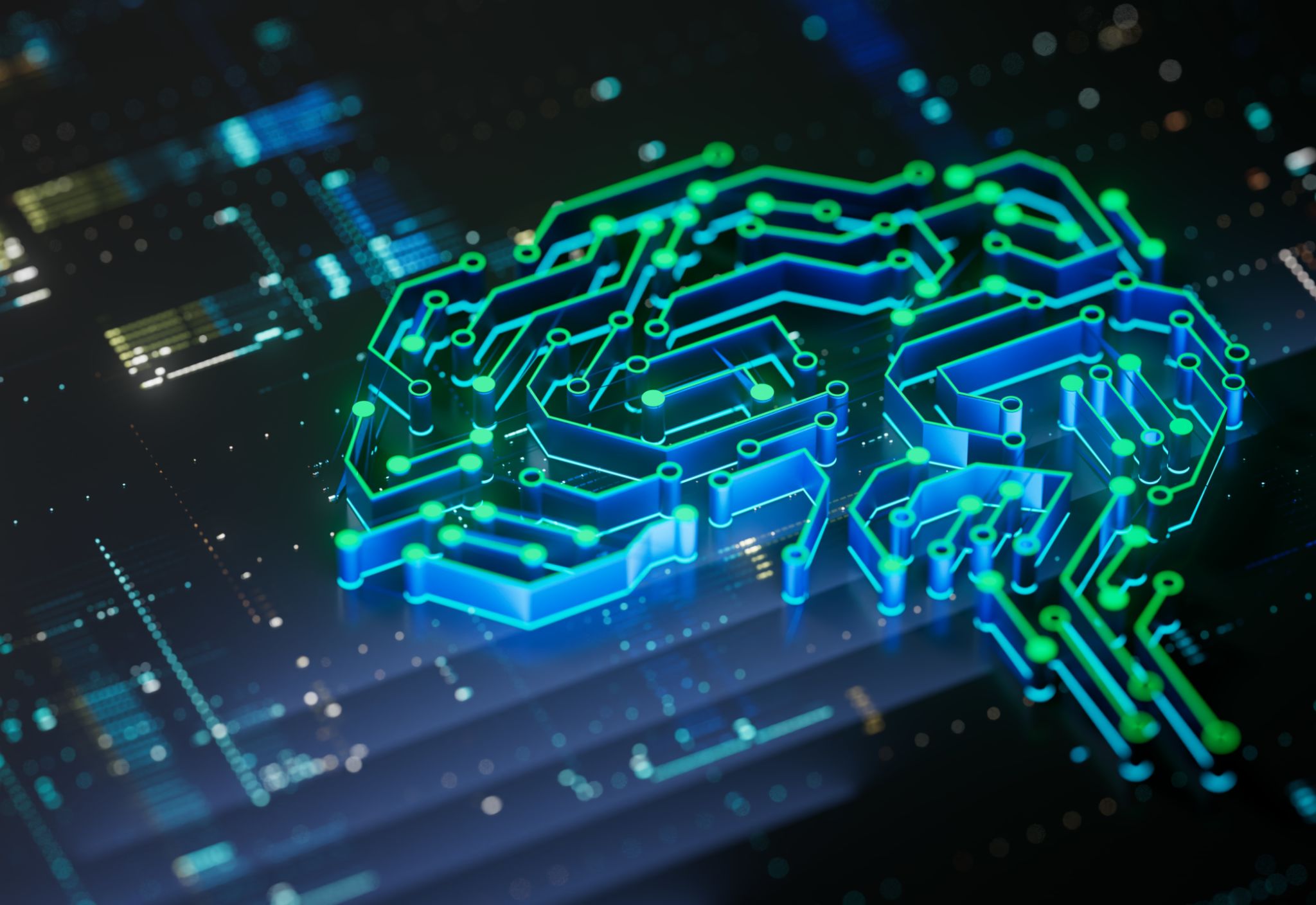The Future of AI Training: Trends to Watch
The Evolution of AI Training
The landscape of AI training is rapidly transforming, driven by technological advancements and the increasing demand for smarter, more efficient systems. As we look to the future, understanding emerging trends will be crucial for businesses and developers who want to stay ahead of the curve. These trends not only promise to enhance AI capabilities but also pose new challenges and opportunities for innovation in various sectors.
One significant trend in AI training is the shift towards more sophisticated models that can learn with less data. Traditionally, training AI systems required vast amounts of data, which was both time-consuming and resource-intensive. However, with the development of new techniques such as transfer learning and few-shot learning, AI models are becoming more efficient in learning from minimal datasets.

Ethics and Transparency in AI
As AI becomes more integrated into everyday life, the ethical implications of its training processes are gaining attention. There is an increasing demand for transparency in how AI systems are developed and trained. Ensuring that AI models are free from biases and operate within ethical boundaries is a priority for developers and policymakers alike. This trend is leading to the establishment of guidelines and frameworks aimed at fostering ethical AI practices.
Moreover, there is a growing emphasis on creating explainable AI systems. These systems are designed to provide insights into their decision-making processes, which is essential for building trust with users. Explainability not only helps in understanding AI behaviors but also aids in identifying potential biases and errors in the system.

Integration of AI with IoT
The integration of Artificial Intelligence with the Internet of Things (IoT) is another trend reshaping AI training. The convergence of these technologies enables more intelligent and autonomous systems that can process data in real-time. As IoT devices generate vast amounts of data, AI models are being trained to analyze and respond to this data efficiently, leading to smarter cities, homes, and industries.
This integration also presents new challenges in terms of data security and privacy. As AI systems become more deeply embedded in IoT networks, ensuring the protection of sensitive information is paramount. This has spurred innovations in secure AI training techniques that prioritize data integrity and user privacy.
AI in Personalized Learning
The future of AI training is not just about developing advanced technologies but also about personalizing learning experiences. In education, AI is being used to create tailored learning pathways for students, adapting to their individual needs and learning paces. This trend is transforming traditional educational models, making learning more accessible and effective for diverse populations.

Personalized AI training is also making its way into professional development. Companies are leveraging AI to offer customized training programs for employees, enhancing skill development and productivity. By analyzing individual performance data, AI systems can identify knowledge gaps and recommend targeted learning resources.
Conclusion
The future of AI training is poised to bring about significant advancements that will reshape industries and redefine how we interact with technology. By staying informed about these trends, stakeholders can harness the full potential of AI while addressing the challenges that come with it. As we move forward, fostering collaboration between technologists, ethicists, and policymakers will be key to ensuring that AI continues to benefit society as a whole.